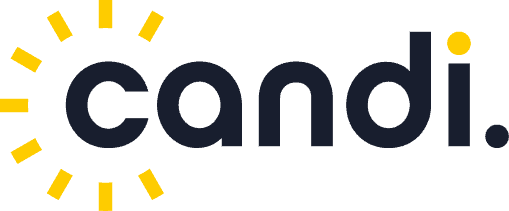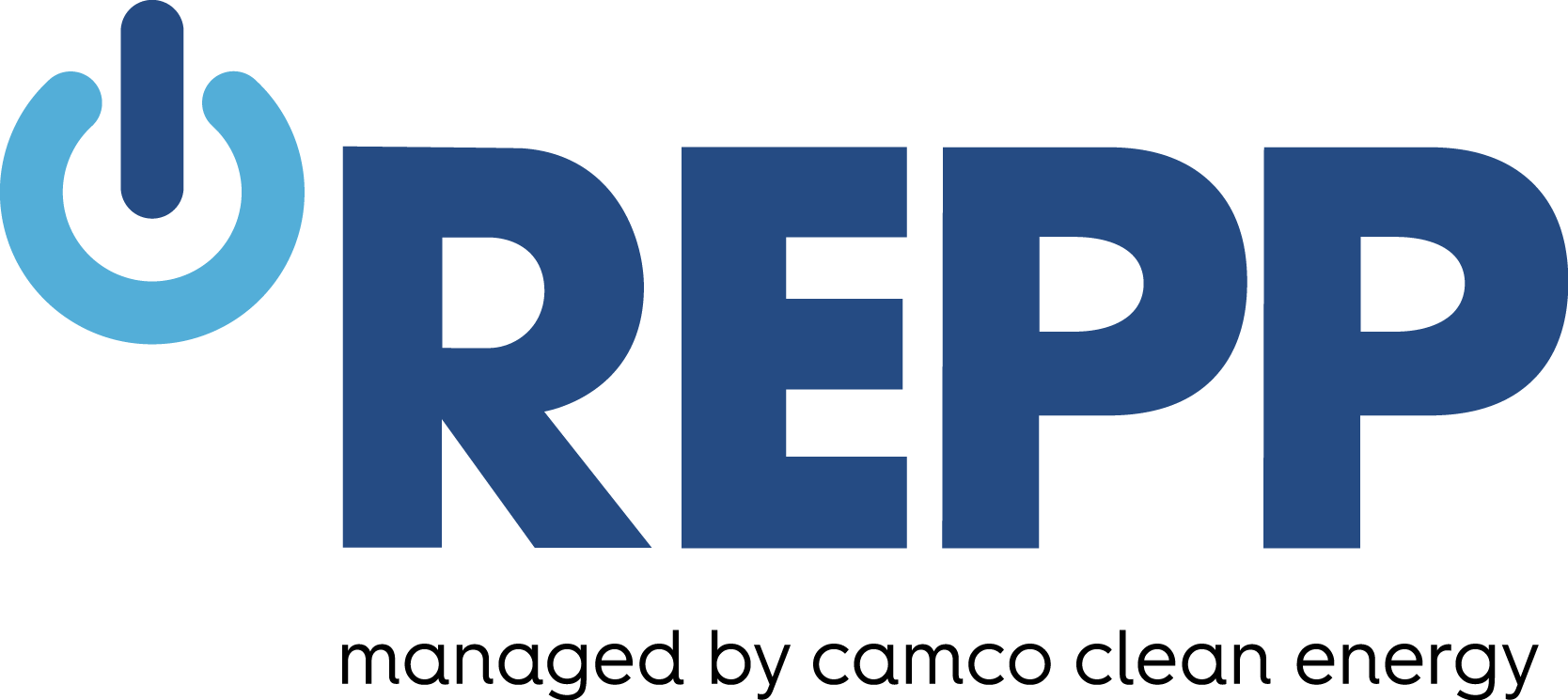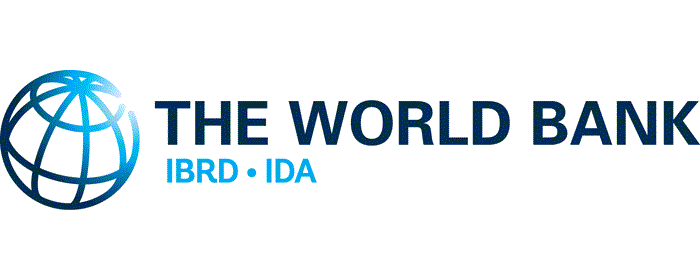22 February 2022: responsAbility Investments, the Swiss impact investment manager, and BIO, the Belgian Investment Company for Developing Countries, have provided a USD 10 million equivalent multi-currency loan to candi solar, a visionary financial and clean energy platform through which distributed energy infrastructure in emerging markets can be built at scale. This loan will finance new solar projects in South Africa and India, mitigating climate change. The loan structure provides flexibility in terms of the allocation of funds between South Africa and India as well as in terms of the denomination currency, allowing candi to dynamically align its funding profile with the growth of its portfolio.
candi pushes the frontiers of solar financing, creating pioneering solar ownership models through innovative contractual solutions. By taking the best aspects of the standard Power Purchase Agreement (PPA) model and marrying them with other advantageous elements, they provide simplicity, lower risk, and higher value. While the possibilities vary by region, candi is able to use its localised expertise to propose solutions that are best suited for the customer and the context.
Matthew McShane, Investment Officer at responsAbility: ‘Through our investment in candi we are supporting a fast-growing and dynamic company in the energy sector in South Africa and India. We strongly believe in the potential of the commercial & industrial sector, which is at the core of our investment strategy. We are also pleased to partner with BIO on this transaction to enable further growth and impact opportunities.’
Hardol Grisar, Infrastructure Investment Officer at BIO: ‘This investment is a premiere for BIO within the commercial & industrial distributed energy sector. candi solar is a partner of choice with a genuine entrepreneurial spirit, and a highly skilled staff.’
Fabio Eucalipto, Finance Director at candi: ‘With the successful completion of this transaction, we have not only gained access to new capital but also created a scalable and flexible funding channel through which we will be able to accommodate additional investments in the future. This is a central component of our plan to deploy a three-digit USD million amount into solar assets by 2024.’
In addition to the environmental benefits of financing solar assets that would avoid an estimated 26,500 tons of CO2-equivalent per annum, the investment in candi falls under the leadership criteria of the 2X Challenge – because of candi’s contribution to address gender disparities and enhance women’s economic empowerment, particularly in renewable energy. candi solar intends to continue working closely with both responsAbility and BIO to further strengthen its efforts in this regard.”
###
About responsAbility Investments AG: responsAbility is a leading impact asset manager who designs investment products that make the world more sustainable. Since our inception in 2003, we have been investing in growth markets, directing capital where it is scarce, and targeting both measurable positive impact and attractive financial returns. As of December 2021, responsAbility manages more than USD 3.7 billion in assets invested in over 300 ESG-vetted high-impact companies in 76 countries. Since inception, funds managed by responsAbility have provided over USD 11 billion in debt and equity financing to companies active in the areas of climate finance, financial inclusion, and sustainable food whose business models directly contribute to the United Nations Sustainable Development Goals (SDGs).
responsAbility is headquartered in Zurich, Switzerland, with offices in Bangkok, Lima, Mumbai, Nairobi, Paris and Tbilisi. The company’s shareholders include its own employees as well as various renowned Swiss and international financial institutions. responsAbility is authorised by the Swiss Financial Market Supervisory Authority FINMA.
On January 27, 2022, M&G plc, the international savings and investments business, announced that it has agreed to acquire a majority stake in responsAbility Investments AG. M&G has agreed to acquire approximately 90% of the issued share capital of responsAbility and expects to acquire the remaining 10% in due course. The acquisition is subject to regulatory approval. For more information, visit: https://www.responsability.com/.
About BIO: BIO is a Development Finance Institution established in 2001 by the Belgian Development Cooperation to support private sector growth in developing countries. BIO provides long-term financing to enterprises, the financial sector, and private infrastructure projects, as well as grants for feasibility studies and technical assistance programmes. BIO operates as an additional partner to the financial institutions and looks for projects with a balance between return on investment and development impact. BIO is a member of EDFI (European Development Finance Institutions). For more information, visit: http://www.bio-invest.be/.


































